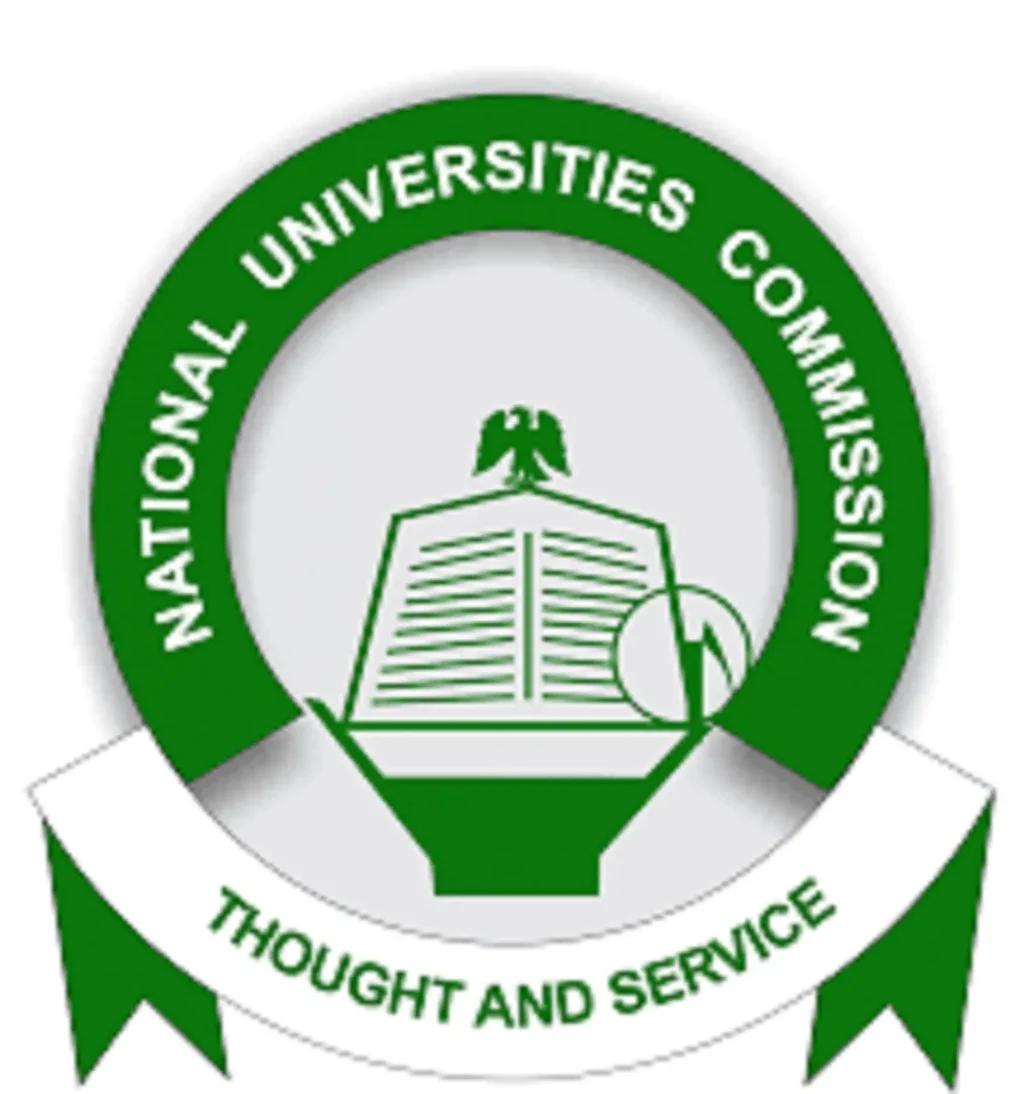The National Universities Commission (NUC) has announced plans to introduce 12 new academic programmes into university curricula across Nigeria as part of efforts to address identified gaps and enhance the quality of tertiary education.
The proposed programmes include Artificial Intelligence, Classical Christian Education, Community Health Science, Cooperative Economics and Management Studies, Doctor of Medical Laboratory Science, Geomatics Engineering, Intelligence and Security Studies, Parasitology and Entomology, Sports Management, Telecommunication Science, Water Sanitation and Hygiene, and Islamic Economics and Finance.
This decision followed a recent meeting between the NUC and a 12-member expert panel tasked with reviewing and advising on areas needing improvement in the university curriculum.
Speaking during the meeting, NUC Executive Secretary Abdullahi Ribadu reiterated the Commission’s mandate to set minimum academic standards and accredit programmes for all universities and degree-awarding institutions in Nigeria. He cited Section 10(1) of the Education (National Minimum Standards and Establishment of Institutions) Act, Cap. E3, Laws of the Federation, 2004, as the legal foundation for the Commission’s authority.
Ribadu noted that the proposed new courses stemmed from a comprehensive curriculum review initiated by the NUC, which lasted over two years. During that period, universities and professional bodies submitted requests for the development of new academic programmes, which were carefully evaluated for their relevance and marketability.
Highlighting the fast-changing landscape of global education and the need for adaptable and innovative curricula, Ribadu stressed the importance of equipping Nigerian students with 21st-century skills, including critical thinking, employability, and self-reliance.
He urged the panel to apply their expertise and provide thoughtful recommendations that reflect both local relevance and international best practices. He also encouraged constructive feedback aimed at strengthening weak areas rather than mere criticism.
Appreciating the panel’s dedication, Ribadu acknowledged their sacrifices and contributions to national educational development and assured them that the Commission values their continued commitment.





